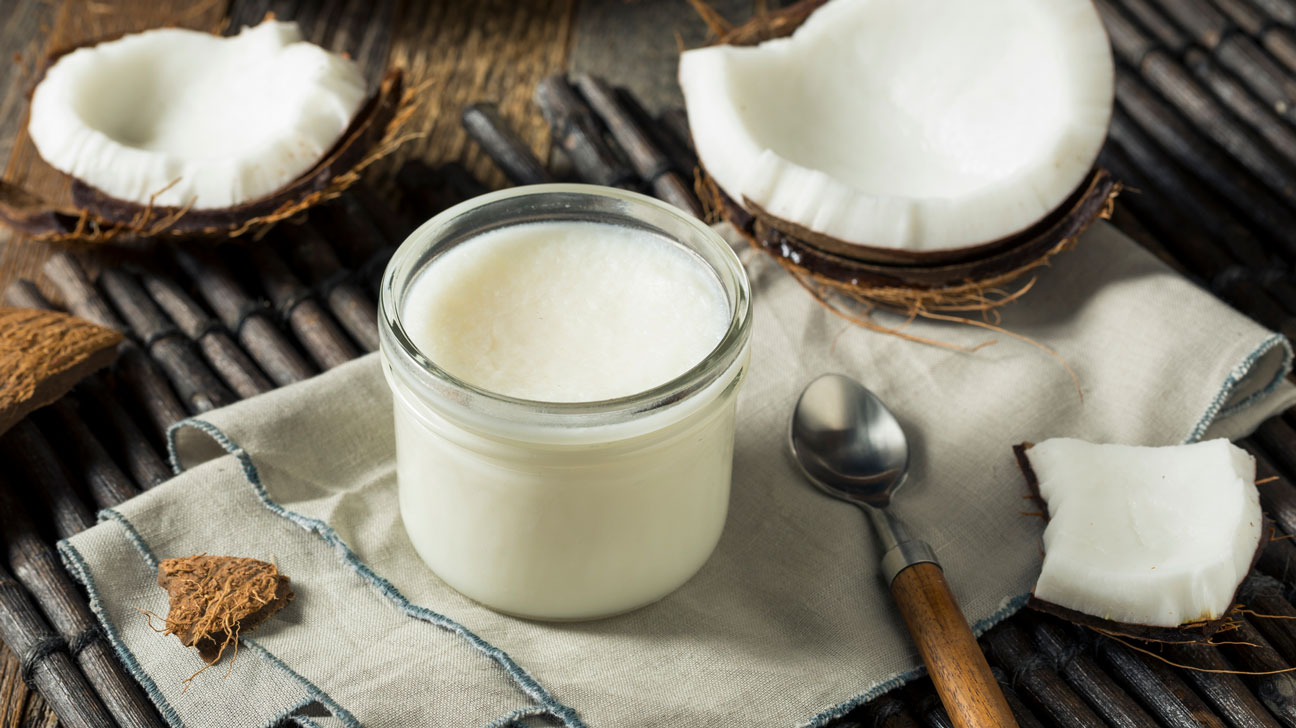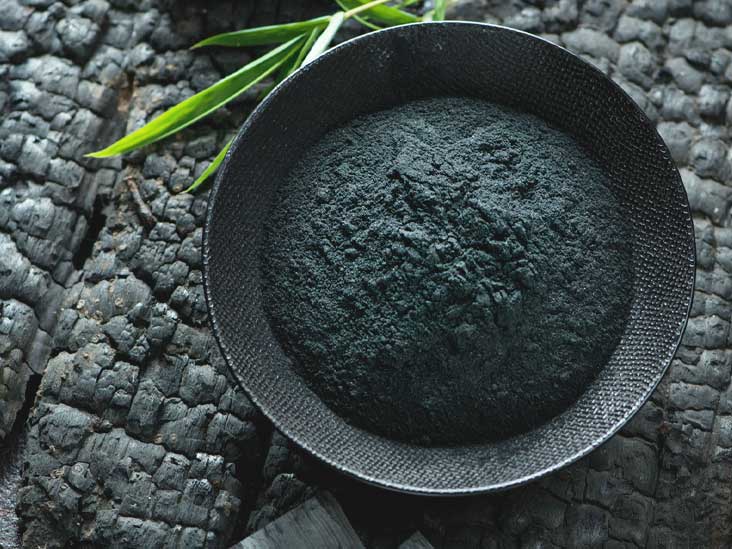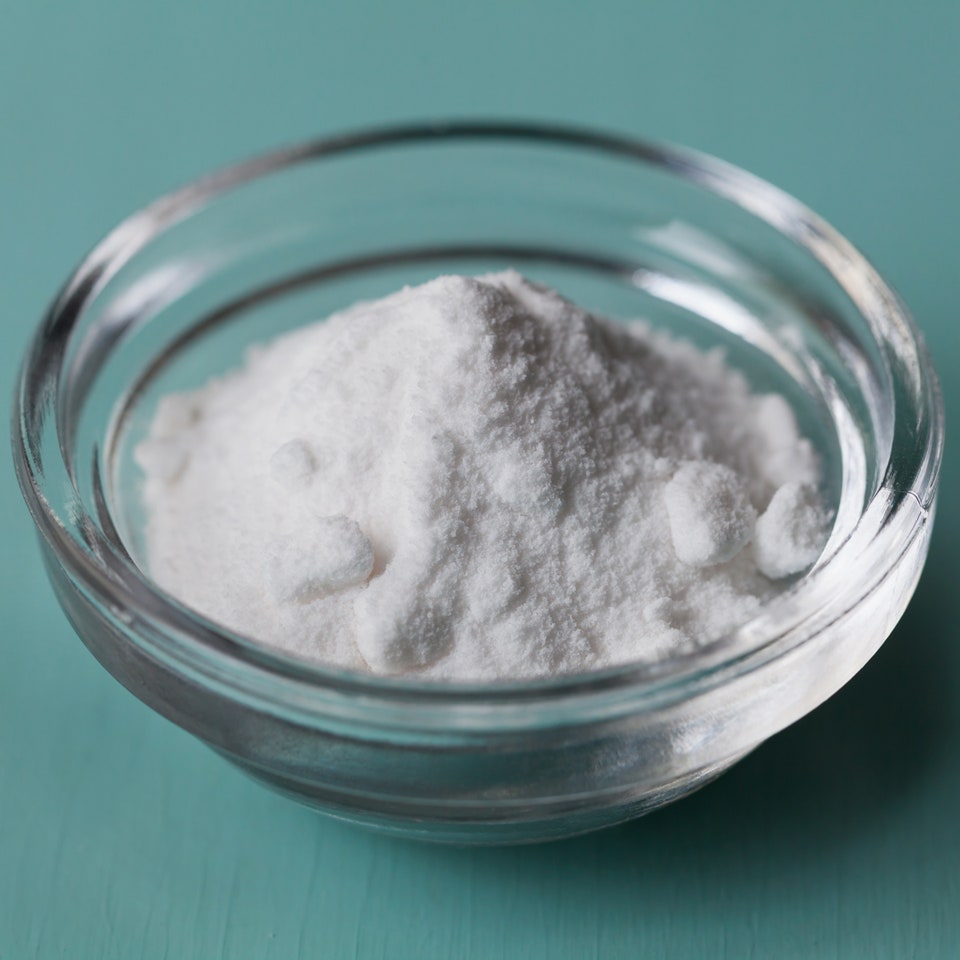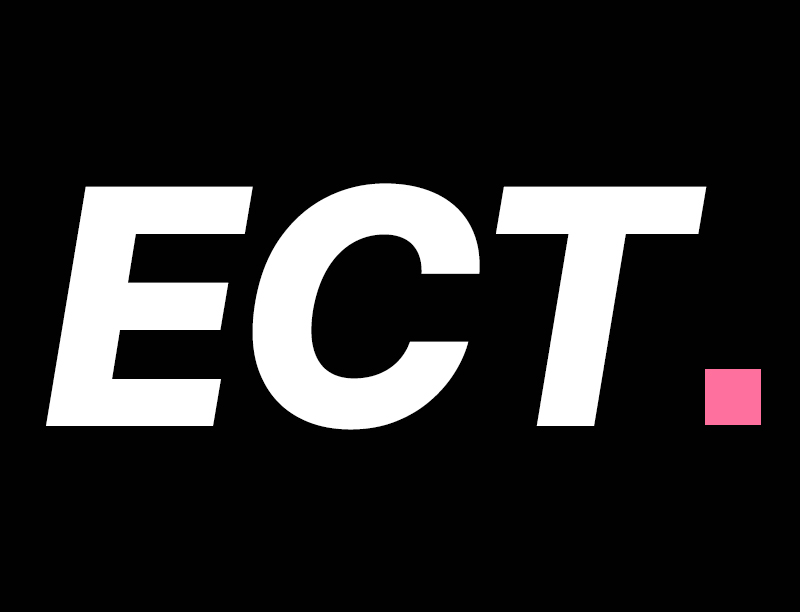When it comes to looking and feeling good, maintaining healthy, white teeth is super important. In fact, there are a whole bunch of ways in which we can whiten and maintain our teeth without having to make a trip to the dentist.
However, most of them require toothpastes, mouthwashes, and whitening systems that are full of chemicals and unfamiliar ingredients. And if you’re anything like me, you need to know exactly what’s going in your body just to make sure the ingredients are as clean as possible.
Now, of course, there are natural and organic toothpastes that’ll get the job done, but it wouldn’t hurt to try some of the cheaper methods first! Here are 3 ways you can whiten your teeth, naturally and easily, at home.
Try the oil pulling method.

Oil pulling is a simple method, really. It’s when you take a tablespoon of edible oil—such as coconut oil—and you swish it around your mouth like mouthwash before spitting it out. While western medicine doesn’t acknowledge it as a vital health practice, traditional ancient medicine, such Ayurveda, tout it as a key practice for dental health.
In fact, some studies suggest that oil pulling is beneficial for killing harmful bacteria, reducing halitosis, and of course, whitening your teeth.
Tip: Oil pull before you brush your teeth to ensure the removal of toxins. Think of it like using a makeup wipe before washing your face. It won’t remove all of the grime, but it’ll certainly help for a more thorough cleanse.
Brush with activated charcoal.

Different from the regular charcoal we use to grill and cultivate fire, activated charcoal is a pure form of charcoal used for almost everything these days. Face masks, exfoliating scrubs, and now it’s an ingredient you can use to quickly and easily whiten yellow or moderately stained teeth.
Activated charcoal for teeth comes in two forms: powder that turns into a paste after mixed with a liquid, and a fluoride-free toothpaste formulated with the charcoal.
Tip: Because activated charcoal is so abrasive, it shouldn’t be used as frequently as your everyday toothpaste. Instead, it’s best to use ir when you really need to whiten your teeth between professional cleanings or after weeks of regularly drinking caffeine.
Go back to baking soda.

Now I know you’ve heard of baking soda for whitening your teeth because it’s something we’ve been collectively doing for decades. However, because current toothpastes are already formulated with baking soda in the ingredients. However, using baking soda by itself is far more effective for fast teeth whitening.
Aside from whitening, studies also show that baking soda reduces bacteria, plaque, and gingivitis when used in combination with toothpaste, mouthwash, and flossing.
Tip: Unlike charcoal, baking soda is far less abrasive and can absolutely be used once a week for 2-3 minutes at a time. You can use it alone or sprinkle it on your toothpaste. Either way, it’s a good idea to add baking soda to your weekly teeth maintenance.







